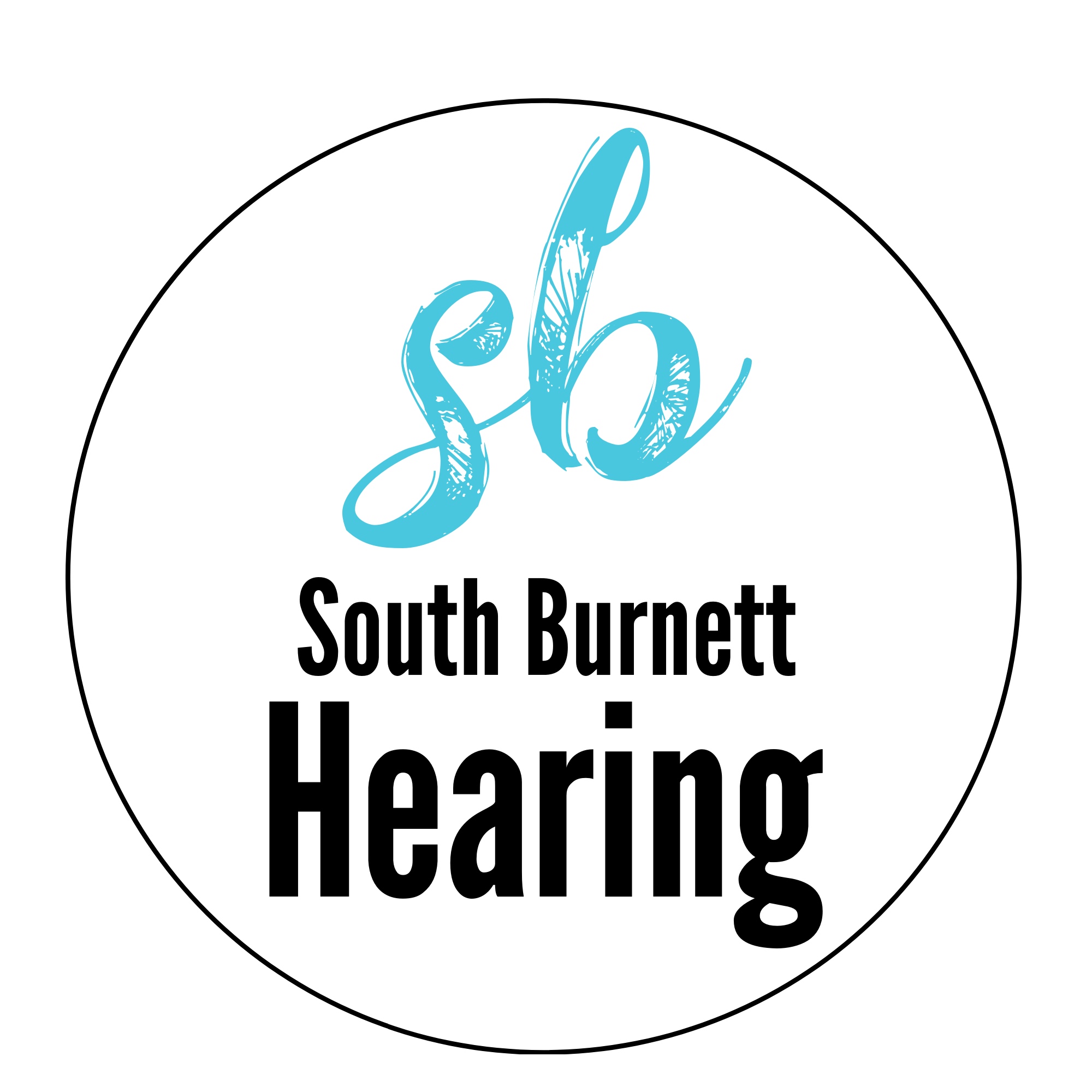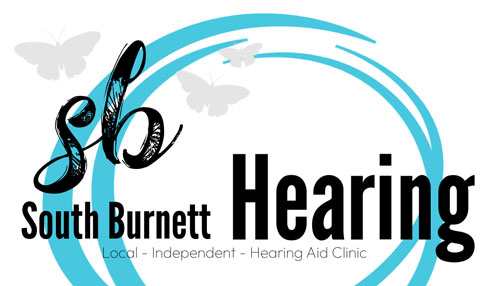In Australia, navigating the pathway to accessing free hearing tests with a General Practitioner (GP) referral is facilitated through Medicare, the country’s public health system. This system supports eligible individuals by covering the costs associated with hearing assessments when a GP deems them necessary. Here’s a detailed overview of how this process typically works in 2024:
Eligibility for Bulk-Billed Hearing Tests
- Medicare Card Holders: Individuals must be holders of a valid Medicare card to qualify for bulk-billed services, including hearing tests.
- Specific Groups: Generally, these services are available to pensioners, veterans, people receiving certain government benefits, and others identified under specific Medicare provisions.
- Age and Medical Necessity: While there may be age-related criteria, primarily, eligibility for a bulk-billed hearing test hinges on a medical necessity as determined by a GP.
The Role of the GP
- Initial Consultation: The process begins with a visit to your GP, who will assess your hearing concerns. If there are signs of hearing loss or if you are at risk due to occupational exposure, age, or medical history, your GP can provide a referral for a hearing test.
- Referral to Audiologist or Audiometrist: The referral will be to an audiologist or an audiometrist who participates in the Medicare program and accepts bulk billing. This ensures that the cost of the hearing test is fully covered by Medicare, and there are no out-of-pocket expenses for the patient.
What to Expect from a Bulk-Billed Hearing Test
- Comprehensive Assessment: The hearing test usually involves a series of examinations that assess your ability to hear various sound frequencies and volumes. The tests might include pure tone audiometry, speech recognition, and tests for middle ear function, known as impedance.
- Discussing Results: After the assessment, the specialist will discuss the results with you. If hearing loss is detected, they will recommend appropriate interventions, which may include hearing aids, further medical evaluations, or specific treatments depending on the underlying cause.
- Follow-up: Follow-up appointments may also be covered under Medicare if deemed necessary by the hearing specialist.
Benefits of Bulk-Billed Hearing Tests
- Cost-Effective: One of the most significant benefits is the cost-effectiveness, as the test is fully covered by Medicare, reducing the financial burden on individuals.
- Accessibility: Bulk billing increases the accessibility of hearing health services, encouraging early diagnosis and treatment of hearing conditions.
- Preventive Care: Early detection and management of hearing issues can significantly improve the quality of life and help prevent more severe hearing impairments later.
Steps to Access Bulk-Billed Hearing Tests
- Visit Your GP: Discuss your hearing concerns or symptoms.
- Obtain a Referral: If necessary, your GP will provide a referral to a hearing specialist.
- Schedule an Appointment: Contact a Medicare-participating audiologist or audiometrist and confirm that they accept bulk billing.
- Attend the Hearing Test: Go to your appointment and have your hearing assessed at no cost.
- Review the Results: Discuss the results with the specialist and plan any necessary follow-up or treatment.
This process is designed to ensure that all Australians have access to necessary hearing care services without the stress of incurring high medical costs, promoting a proactive approach to hearing health. If you’re experiencing hearing issues, it’s advisable to take advantage of this opportunity for a comprehensive hearing assessment through your GP.


